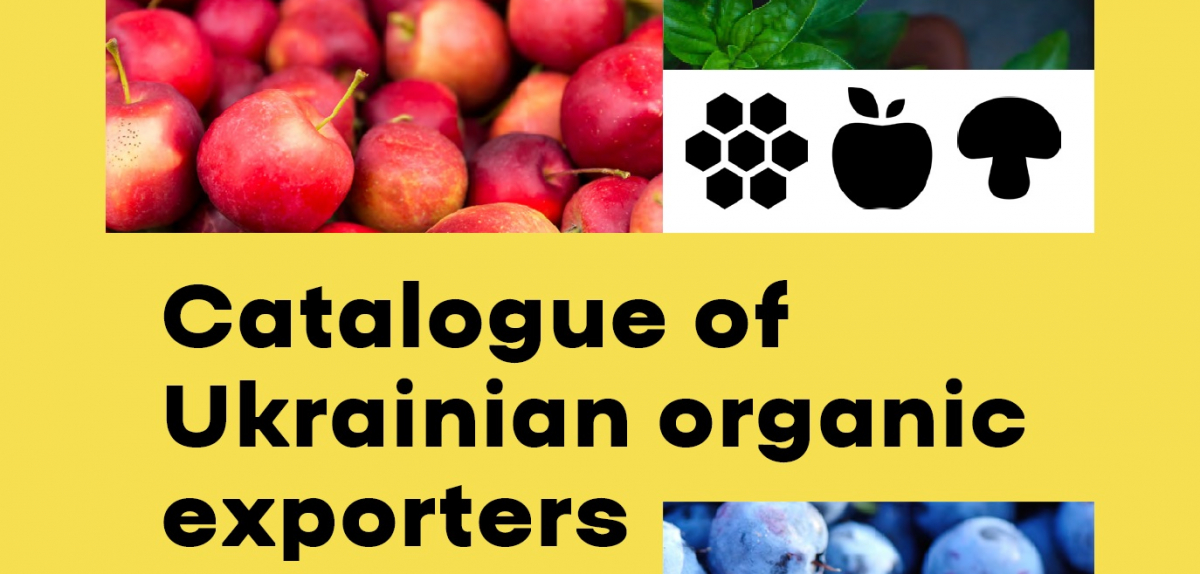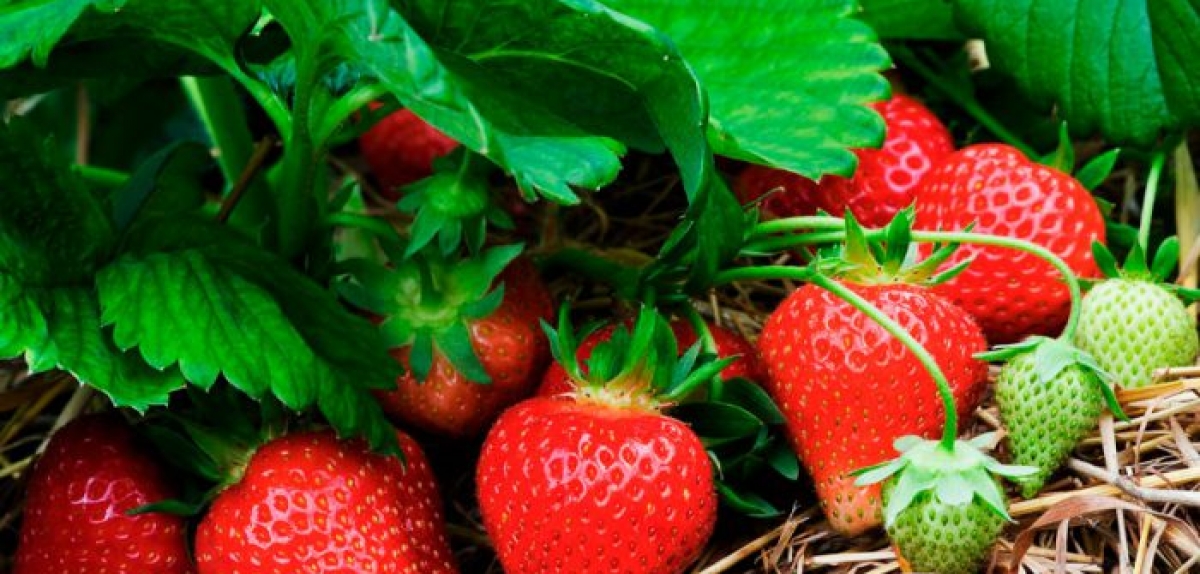
News
Foreign Trade in Berries of Ukraine in the 2025: An Analytical Overview

The updated Catalog of Ukrainian Organic Exporters 2026 is now available!
Technological advances in growing berries and vegetables in Ukraine and the world in 2025

Serbia’s Raspberry Sector: Dynamics, Structural Challenges, and Development Vectors
A limited supply of the fruit is contributing to the extension of strawberries in the county and coastal markets, allowing businesses in Huelva, Spain to maintain exports, according to Diario de Huelva.
This is allowing the harvest to continue at full capacity, with prices continuing to generate good profits, Cristobal Picón, president of the Costa de Huelva Cooperative was reported as saying.
In fact, everything indicates a year-end close with positive numbers, mitigating the losses seen in the spring from the intense rainfalls in March that led fruit to suffer from botrytis, causing production losses of more than 20 percent.
The start of the season “was quite good in general as it was preceded by warm temperatures during the December and January months, collecting large volumes when the price of strawberries was high," the news source reported.
Eighty-five percent of the fruit has currently been harvested and the role of Costa de Huelva has proved decisive in achieving fair prices," Manolo Piedra, Secretary General of UPA was reported as saying.
On the other hand, Piedra thanked the large supermarkets this year as they didn't run promotional campaigns for the fruit, which has perverse effects for the sector, as they may cause prices to fall therefore lessening farmers' earnings.
Regarding pricing, he said that consumers now understand the cost of producing a kilo of strawberries and that it shouldn't fall below 1.40 euros.
The organization has said that raspberry pricing is estimated to be near five euros, so the slight decrease in production this season will not have a major impact overall.
The fluctuation of raspberries is less pronounced than strawberries since farmers have managed to stagger production throughout the year, with the exception of July and August, the organization was reported as saying.
Source: FreshFruitPortal

 En
En  Укр
Укр 
